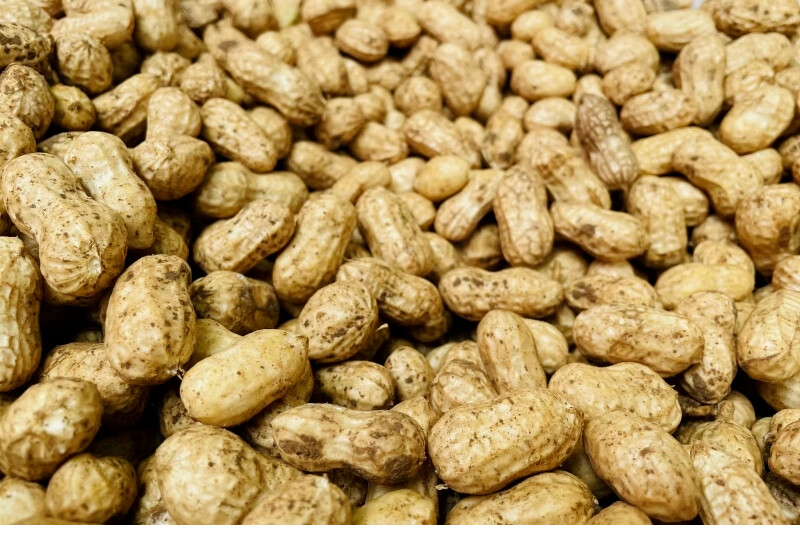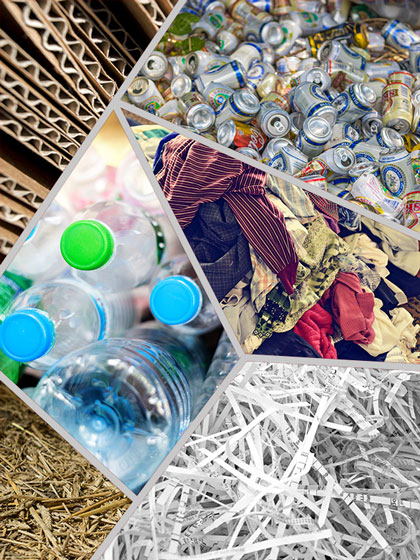
Peanuts are the premier snack that is enjoyed around the world. They can be found in all kinds of forms and enjoyed by anyone, whether they are at a ball game or relaxing at home. There is one issue though. Peanuts create a lot of waste. Every single peanut creates an amount of waste that is greater than their actual size.
This issue is something that all peanut processing companies need to grapple with and the best solution to date is finding a new way to reuse the peanut waste. Thanks to a compression bagger (also named bagging baler, compost bagger), corporations around the world can now extra every last penny from these tasty snacks, while helping the environment at the same time.
Can You Compost Peanut Shells?
Forget about any worries you may have about the blight. Not only can peanut shells be composted but it is also a very easy process. Thanks to the brittle nature of peanut shells they easily crumble, this makes it easy to include them in your current composting solutions. Although, it is advised to break up the shells and then wet them a bit before inserting them into the ground.
A lot of people don't know what peanut shells for compost means. In fact, compost peanut shells is to mix peanut shells with soil or other fertilizers to enrich the soil. There are three ways to cultivate plants with peanut shells. The first one is to put peanut shells in pots as fertilizer; the second one is to mix peanut shells with soil thoroughly and seal them; the last one is to add water to peanut shells for fermentation. However, for all these three methods, peanut shells compost needs to be mature.
But when we are making peanut shells in compost, there might be some questions. Here are a few tips:
1. As for the question “can peanut shells be composted?”, yes, they can, but not too much. Composting peanut shells is very easy. But it is best not to use more than 1/3 of the soil at a time. Using too much peanut shells will burn the roots of the plant.
2. The roots of plant cannot be kept in moist soil for a long time, which especially should not happen for some plants that do not like water. But peanut shells are very absorbent. Therefore, if we do not rot the peanut shells directly into the soil, then we must keep the peanut shells away from the roots; The second thing we need to note is that when changing a new pot of soil, we need to put a layer of soil to isolate the peanut shells from the roots.
3. The completely mature peanut shells compost is soft and can bind to the soil. If we find the peanut shells are still hard, cannot mix with the soil, then it means the peanut shells compost is not fully mature.
4. Adding water to peanut shells is also a kind of decomposition method, which can not only shorten the decomposition time, but also improve its use value.
5. There is also a requirement for peanut shells in compost. Peanut shells must be crushed in advance, the smaller the pieces are, the faster the decomposition time will be. After crushing, we can put the peanut shells with water to decompose.
6. If you don't like the decomposition time of the peanut shells, we can put a proper amount of fermentative bacteria in them, and then put the peanut shells in the sun for a while.
So, are peanut shells good for compost on earth? Yes, but although peanut shells are good for compost, we need to pay attention to some details as listed above. Otherwise, it's not going to fertilize but going to backfire on the plant itself.
How Do You Use Peanut Shells for Your Garden?
First, you must know that peanut shells are optimal for creating mulch. This is because they are a great source of nitrogen, potassium, and phosphorus. Mix with a cottonseed meal and step on the peanut shells before wetting them and spreading them out across your garden. If you have had any experience with mulch before then you should know how to go about applying the peanut shells to your garden. The optimal time for some mulching is after it has rained.
How Long Does It Take for Peanut Shells to Decompose?
A single shell can take eight to 24 months to finish decomposing completely. If your area experiences a lot of rain then you can expect the shells to break down around the eight-month mark. The drier or more arid your climate, the more likely the shells are to last longer. Peanut shells like wet, not dry environments.
Compression Bagger (Compost Bagger) for Peanut Shells
A compression bagger is the only way to extract every last single cent from a peanut. Peanut shells are loose material in small pieces. It’s material characteristics results in a headache to handle or dispose. That’s why comes in compression bagger, or called compost bagger, bagging baler, which is a baling and bagging machine just designed to compact and bag bulky material of small size such as peanut shells. This machine can turn piles of waste peanut shells into neat stackable cubic bales; give you a clean and tidy factory environment; reduce fire hazards; and also generate an extra revenue stream by selling the peanut shells bales.
If your corporation works with peanuts in any way and you don't have a bagging baler to compact the peanut shells, then you are only getting half of your potential earnings from your material. Contact us today if you are looking for a peanut shell compression bagger.
